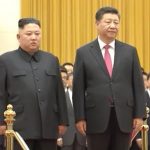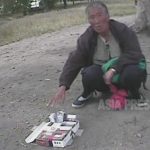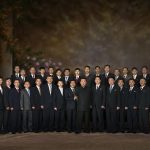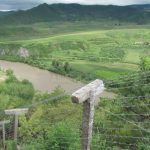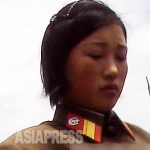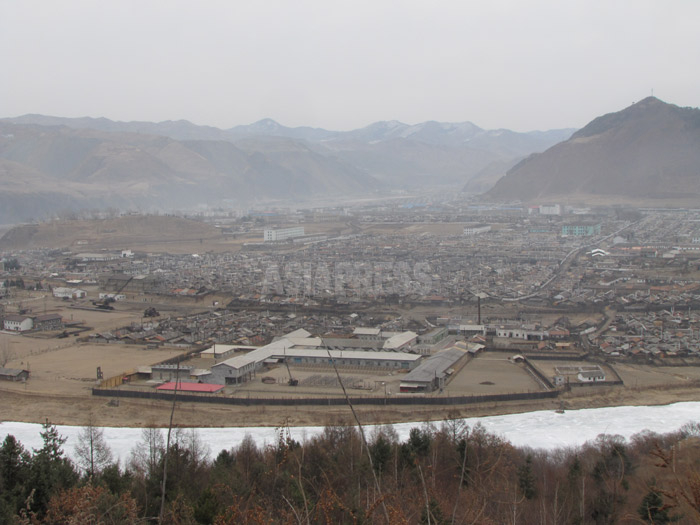
■"I cannot eat and live"- Abandonment of Duty
Trade statistics and local evidence in China and Russia clearly demonstrate that North Korea's foreign currency imports have sharply decreased. What is important though is what kind of influence this is actually having in North Korea. Is the North Korean regime capable of enduring the sanctions? Or is Kim Jong-un’s regime being hit hard enough to be put under real pressure? Over the last year, our North Korean partners visited mines, trading companies, fisheries and markets to investigate.
From our partners’ observations, we can conclude that North Korean cities specializing in export-related industries are being hit the hardest. Meanwhile, the situation is rapidly deteriorating in other areas as well. In addition, the sanctions are also being felt strongly by those in Pyongyang and the military primarily responsible for maintaining the North Korean system. Lastly, the affluent elites of Pyongyang are also being hit.
Musan-gun, North Hamkyung, is a medium sized city facing the Tumen River with an estimated population of 100,000. During the Japanese colonial era, this city developed alongside the trade of iron ore.As trade with China expanded, iron ore became the country’s second highest export, bringing in $ 219.9 million in 2014 and $ 74.41 million in 2016. (Source: Global Trade Atlas 2017 edition).
As several Chinese companies had entered into joint ventures to mine in North Korea, the Chinese government expressed interest in 2013 in building a railway to cross the Tumen River. This interest has dropped, however, since iron ore exports have been completely cut off since the end of last year. Our partner living in Musan-gun gave us the following description of the local situation.
"We are mining a small amount to supply the domestic steel mills but they too are almost shut down. Cars aren’t being driven because there is no one has the money for gasoline. Workers' food rations have been suspended since March. Some of the workers have had no choice but to look for other jobs and to abandon their posts. 30 to 40 percent of workers just register their attendance before leaving work early.
The rising abandonment of duty is a major problem for the Kim Jong-un regime. In North Korea, adult males are assigned employment by the government. During the famine of the 1990s, when most workers at factories and companies lost their salaries and food rations, they were still required to go to work for political gatherings or service work. One of the most important instruments of the North Korean government’s control is organization through the workplace. To safeguard this mechanism of control, the security office checks workplace attendance sheets each morning. Those who are caught with many unauthorized absences are sent to the training camp, a short-term forced labor camp.
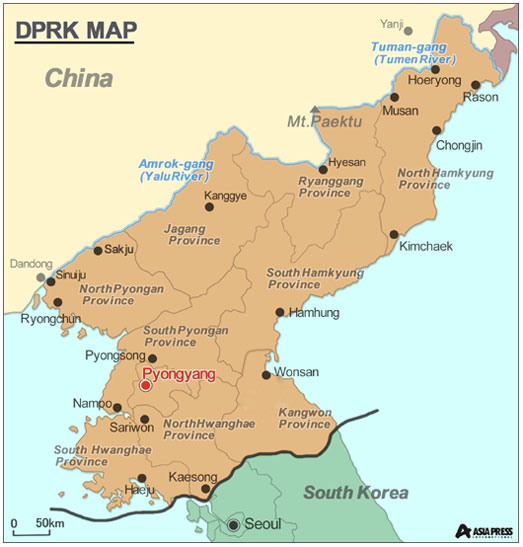
Musan mine was one of the few large, state-owned enterprises that has somehow managed to maintain food rations and salaries for its estimated 10,000 workers. However, recently it is where many have abandoned their duties.
"Attendance suddenly dropped after pay and distribution was cut off. The workers had no way to eat or live. The security officers originally intended to look for the workers and force them to go to work but they saw the poverty of the workers and chose not to. There are many people who simply lack the strength to work properly if they go to the workplace. Workers who are absent and leave early in the day to go to the mountains and collect herbs and wild plants for sale are the ones who manage to survive."
Musan is a city that survives off its iron mines. Because the exports were completely stopped, life became suddenly hard for the people. In mid-May, each worker was provided with 3 meals of dried Chinese noodles in lieu of a salary.
In late March, our contacts visited copper mines in Hyesan, Yanggang province, where workers are facing a similar situation. The copper mines were operated in cooperation with Chinese companies but, due to the sanctions, the contracts were dissolved at the end of August last year.
"Up until now, around 800 workers at the Hyesan mines were paid 14 kilograms of rice and 20-50 kilograms of cooking oil each month. Cooking oil used to be distributed in lieu of proper payment by the Chinese partner company but, since February, this practice has come to an end. Workers are forced to go to work while their family members are left to run business and support the family. However, the lives of the workers and their families have become tremendously difficult."
Mines producing high quality coal are concentrated in South Pyongan Province. Coal is the most important source of foreign currency for North Korea. In 2017, before the sanctions became strictly enforced, about $ 1.18 billion of coal was exported to China. When the sanctions blocked coal exports, North Korea lost roughly 48% of its total exports to China.
The coal industry is massive in North Korea. Millions of people are employed in this industry which includes such selecting coal(선탄), machine repair, electric power, and transportation. No field survey has been conducted but it is easy to imagine that as exports have ceased, cash income has declined. Regular markets located near coal mines will have suffered deeply after the flow of goods and currency was blocked. Part 2 >>>
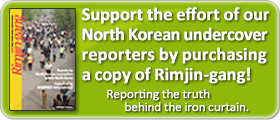 Editor’s notes on North Korean reporters
Editor’s notes on North Korean reporters
ARCHIVE(pdf) >>
DPRK MAP >>
